How long does it take for our body to renew itself (11 photos)
The human body is a complex living machine in which various systems function harmoniously as a single whole. All parts of the body are made up of cells, of which there are about 100 trillion in the adult body. 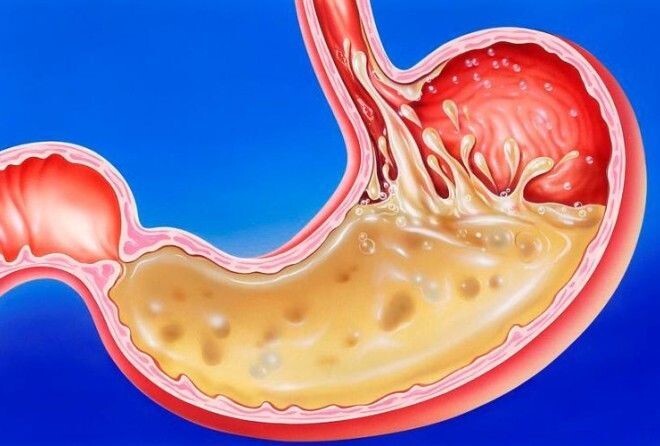
Some of these cells constantly die off, and their places are taken by new ones. For different organs and tissues of the human body, the cycle of complete renewal takes a different amount of time. And for many cells of our body this period has already been determined more or less accurately.
And even if, according to your passport, your age is, for example, 35 years, then your skin may be only two weeks old, your skeleton may be 10 years old, and the lenses of your eyes are approximately the same age as you. We will tell you in this article how often these and other cells in your body are renewed. 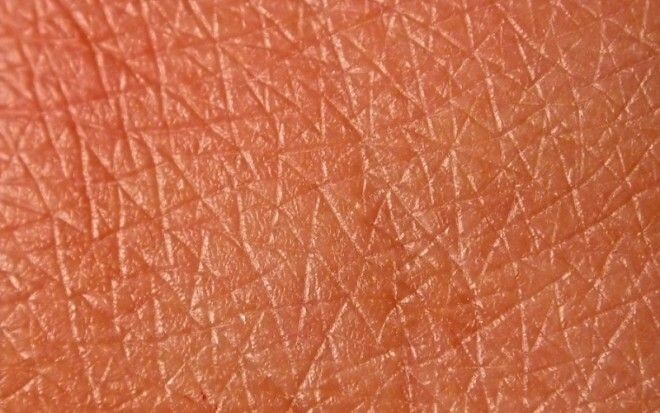
Skin cells
Complete replacement of epithelial cells occurs within 14 days. Skin cells form in the deep layers of the dermis, gradually come to the surface and replace old cells that die and peel off. In one year, our body produces about two billion new skin cells. 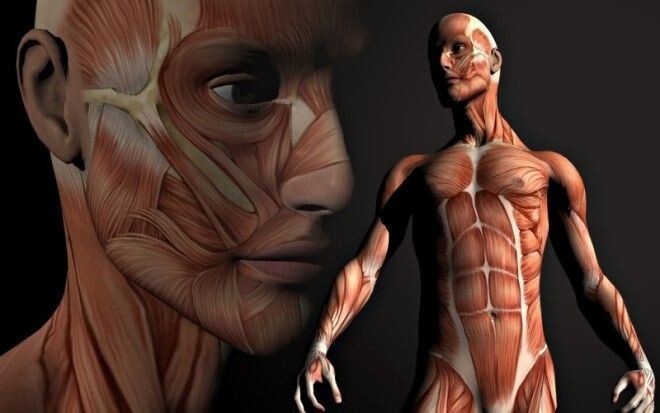
Muscle cells
Skeletal muscle tissue is completely renewed every 15-16 years. The rate of cell renewal is affected by a person’s age - the older we get, the slower this process occurs. 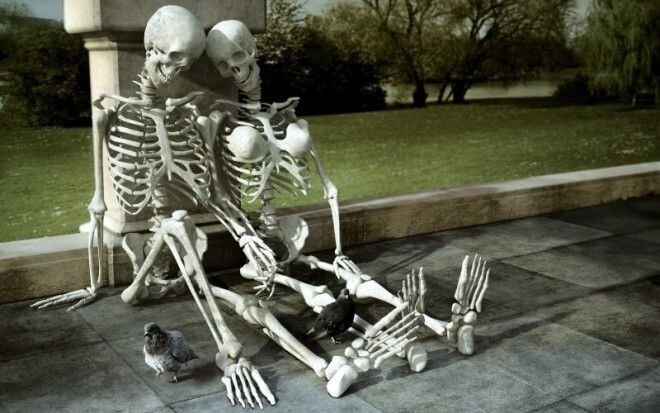
Skeleton
7-10 years is the time during which complete cellular renewal of bone tissue occurs. In the structure of the skeleton, both old and young cells function simultaneously. At the same time, an improper, unbalanced diet can negatively affect the quality of new cells, causing numerous complications. Bone tissue produces hundreds of millions of new cells every day. 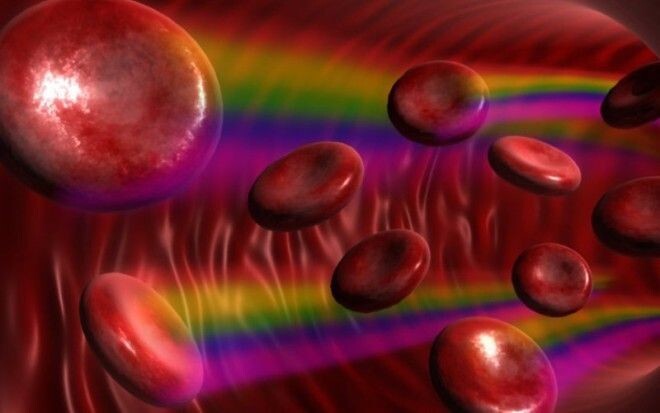
Blood cells
Complete renewal of blood cells takes from 120 to 150 days. The body of a healthy person produces as many blood cells every day as they die, and this number is equal to about 500 billion cells that have different purposes. 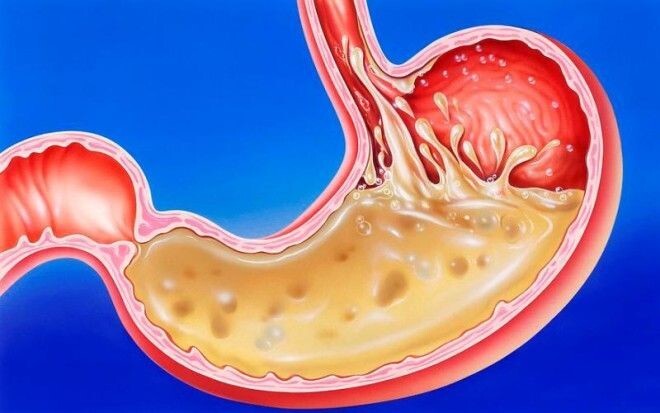
Stomach
The epithelial cells of the stomach, which filter nutrients into the body, are replaced very quickly - within just 3-5 days. This is necessary, since these cells are exposed to an extremely aggressive environment - gastric juice and enzymes responsible for processing food. 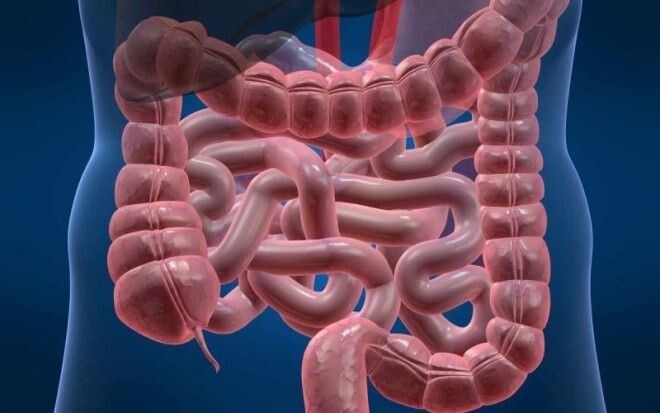
Intestines
If you do not focus on intestinal epithelial cells, which are replaced every 5 days, the average age of the intestine will be approximately 15-16 years. 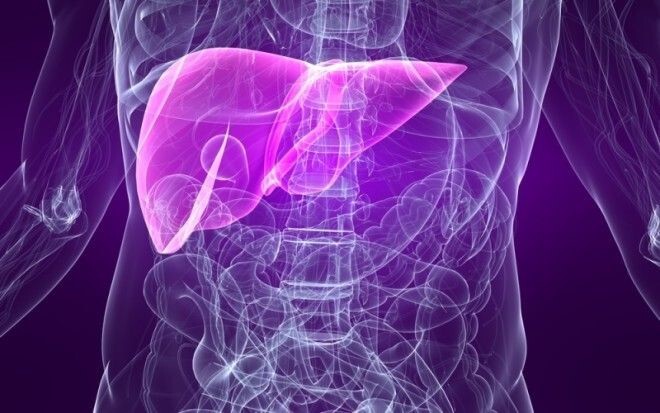
Liver
Its cells are completely renewed in just 300-500 days. It is surprising that with the loss of 75% of liver cells, it is able to regenerate its full volume in just 3-4 months. Therefore, a healthy person can, without particularly fearing for his health, transplant part of his liver to someone in need - it will grow again. 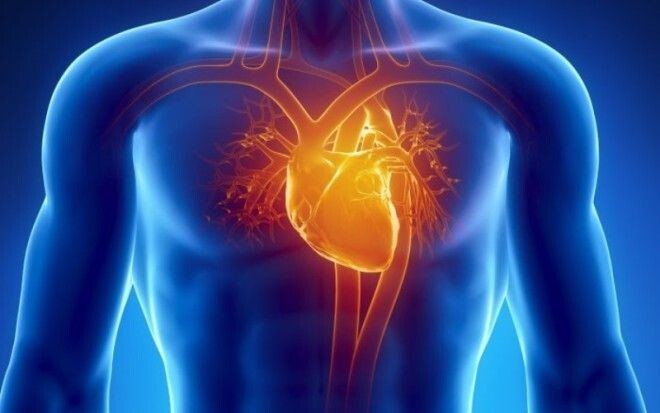
Heart
For a long time it was assumed that myocardial (heart muscle tissue) cells do not renew themselves at all. However, recent studies have shown that complete renewal of the heart muscle occurs approximately once every 20 years. 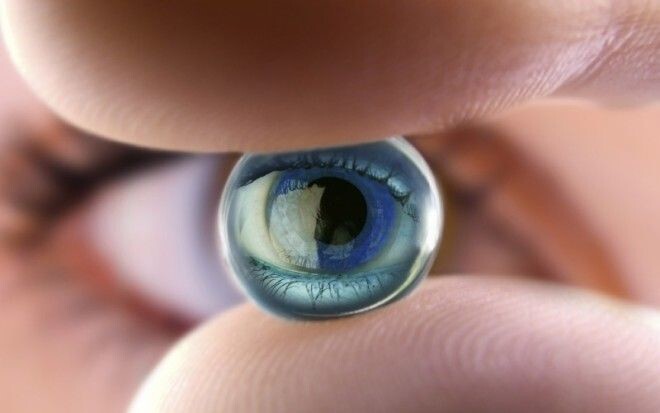
Vision
The lens itself and the brain cells responsible for processing visual information are the same age as a person. Only the cells of the cornea of the eye are regenerated and renewed. At the same time, complete renewal of the cornea occurs quite quickly - the entire cycle takes 7-10 days. 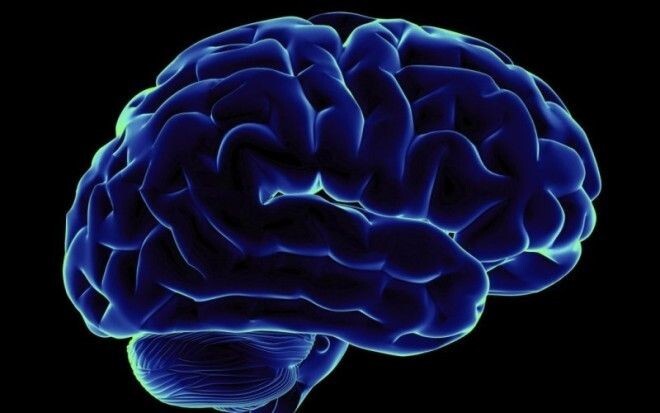
Brain
The hippocampus, the area of the brain that is responsible for learning and memory, and the olfactory bulb regularly renew their cells. Moreover, the higher the physical and brain activity, the more often new neurons are formed in these areas.




























